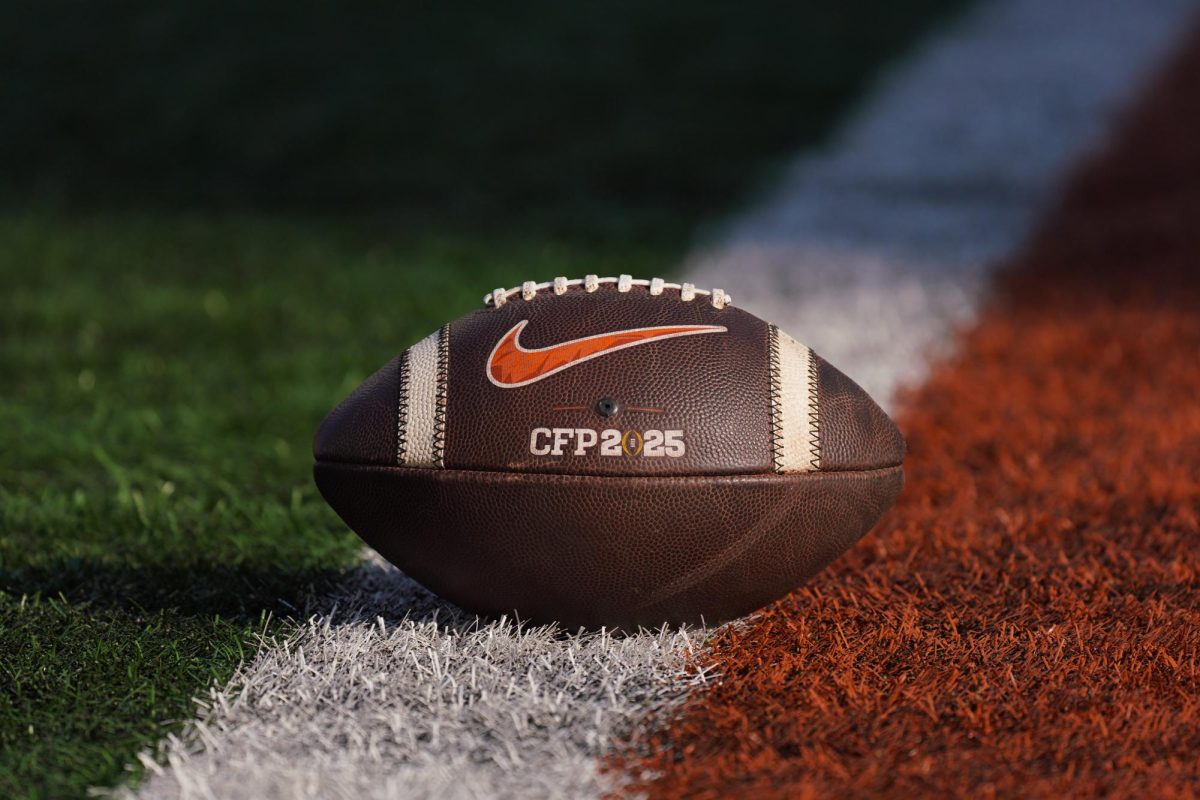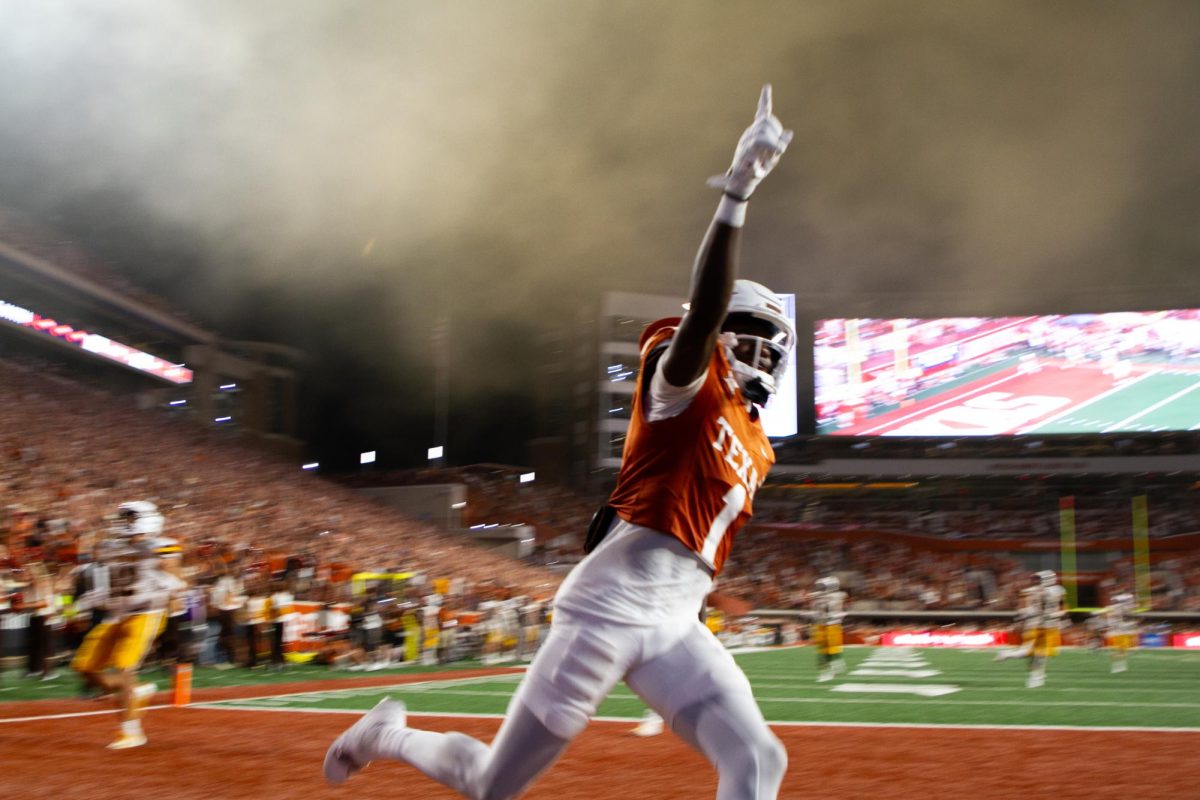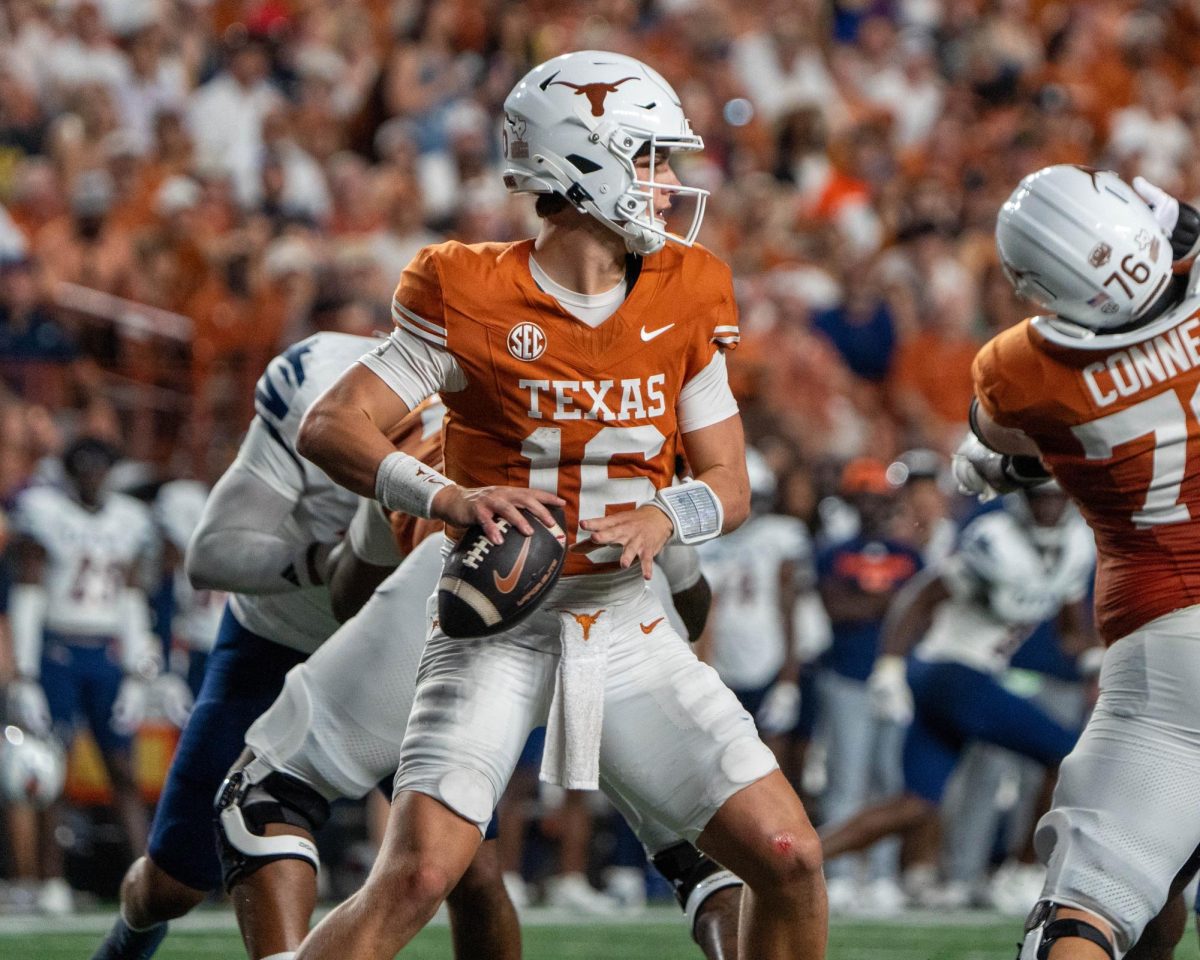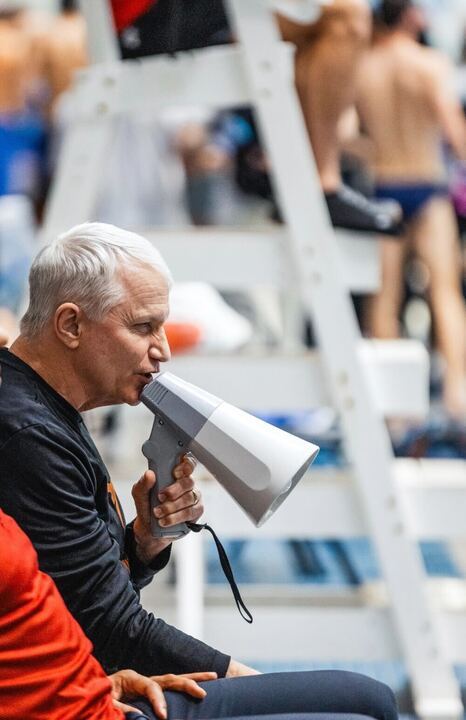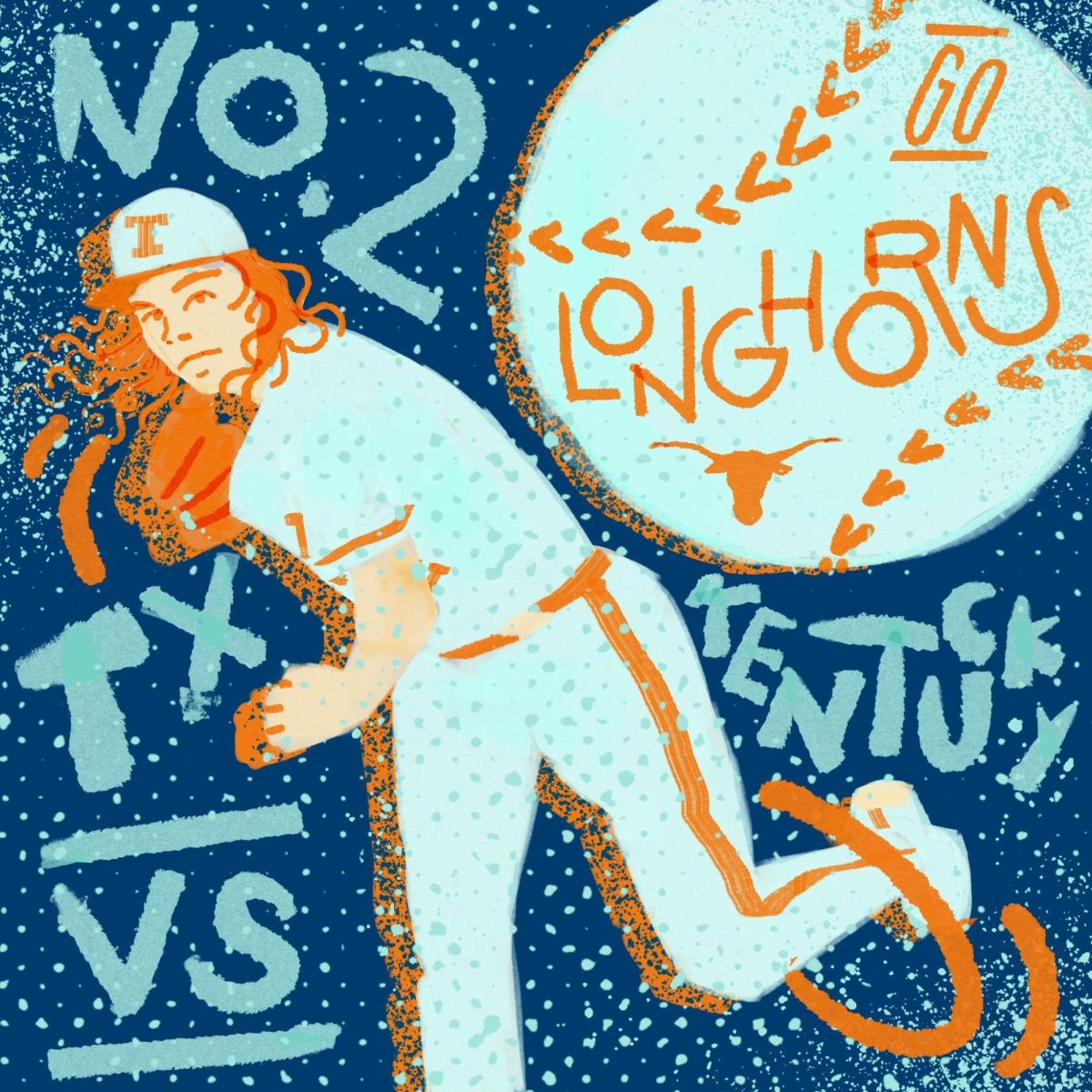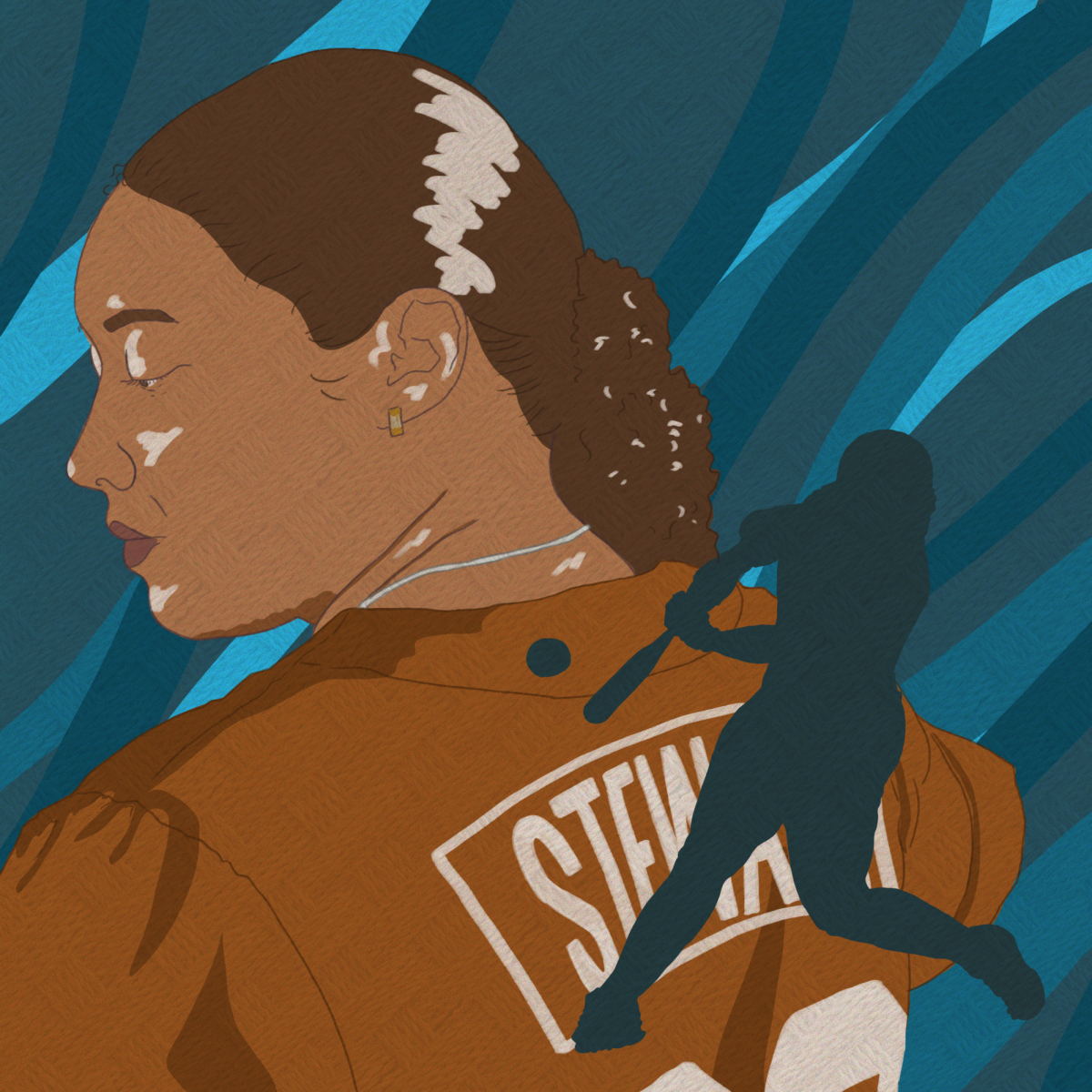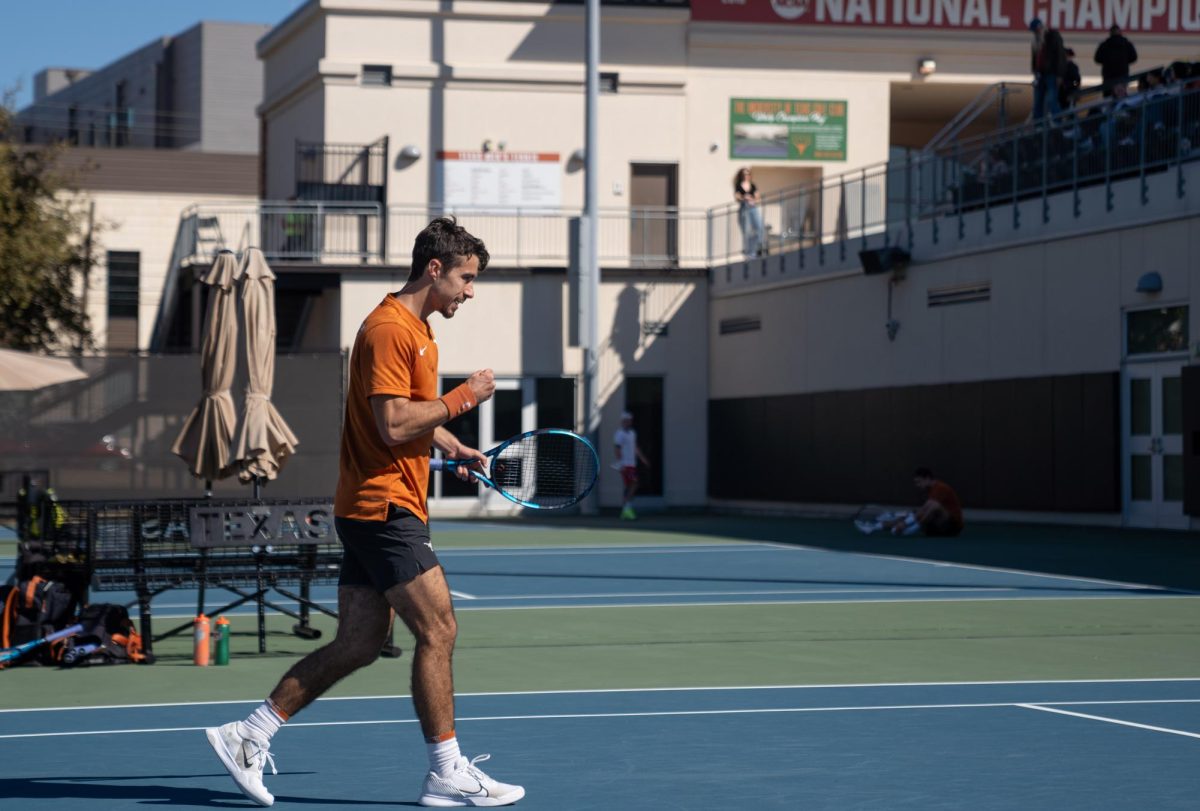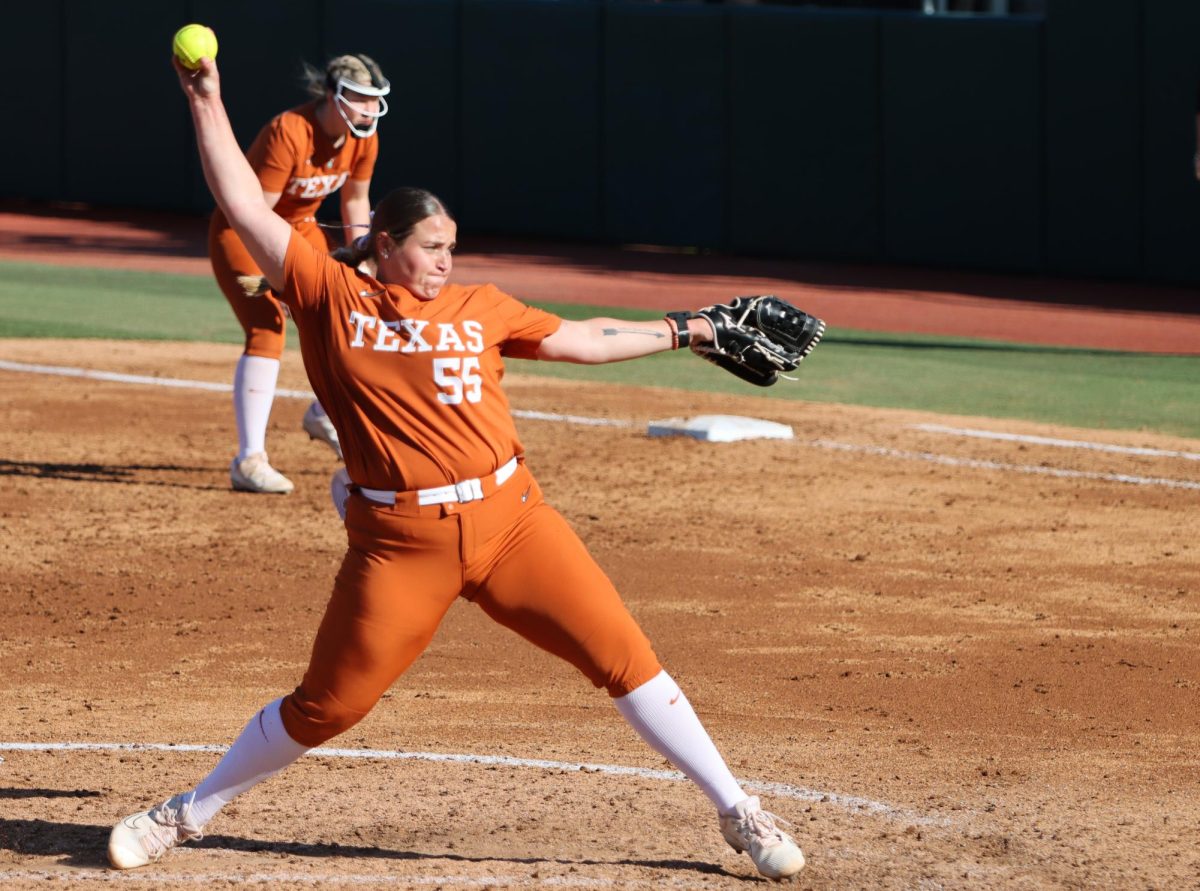They were known as great defensive coordinators at Texas, but now Will Muschamp and Gene Chizik have both been accused of being involved in a wide-ranging scandal at Auburn.
Chizik, who served as the Longhorns’ defensive coordinator when they won their last national championship in 2005, oversaw an Auburn football program that reportedly bribed players to keep them from declaring for the NFL Draft and changed players’ grades to ensure their eligibility.
Muschamp, a defensive coordinator at Auburn and Texas before taking over as Florida’s head coach two years ago, denied a report by former Sports Illustrated and New York Times reporter Selena Roberts that he was one of many to provide payments to Auburn players.
This latest wake of scandal comes 27 years after the NCAA handed SMU the death penalty for paying players, the beginning of a series of sanctions handed down on programs that offered impermissible benefits a generation ago.
When former Longhorns offensive lineman and 1989 team MVP Ed Cunningham was a sophomore in high school, a school sent him a pair of custom cowboy boots. He sent them back and eventually signed with the Longhorns.
“Texas has always been super clean. A lot of it is because they don’t have to do it,” Cunningham said. “SMU couldn’t compete. They had to pay players. Eric Dickerson got caught in the paying process between A&M and SMU and ended up driving to SMU in A&M’s car.”
Seven of the nine teams in the Southwestern Conference were disciplined by the NCAA in the late 1980s, including Texas, which was placed on probation in 1987 for providing benefits to current and prospective football players. Only Rice and Arkansas scraped by cleanly. TCU, Texas Tech, Texas A&M, Houston and Baylor, along with SMU, were all sanctioned by the NCAA.
“There was an O-lineman that played at a school in the conference. He had been a Longhorns fan his whole life and wanted to come to Texas,” Cunningham recalled. “But when he went on his recruiting trip to Texas and Texas didn’t offer him anything, he assumed Texas didn’t want him because every other school had offered him something.”
Paying recruits and offering them impermissible benefits became the norm in college football, particularly in the SWC.
Said Cunningham of another player in the conference: “He got drafted and said he’d taken a pay cut. He had cash, a new car every year in college. Then he got to the NFL and he had a car payment and had to pay taxes.”
Only recently has the proliferation of cheating in college athletics rivaled the amount of wrongdoing that took place in the 1980s. Heisman Trophy-winning running back Reggie Bush at USC, head coach Butch Davis at North Carolina and booster Nevin Shapiro at Miami have headlined prominent college football scandals in the last few years.
“I know in the 80s there were universities that had organized pay schemes. At UT, honestly, it just didn’t happen,” Cunningham said. “Texas is pretty strict. [Men’s athletics director] DeLoss Dodds isn’t going to risk his job on organized payments. Texas isn’t motivated to cheat.”
The Longhorns may not be, but the fervor at other schools to cheat seems to be rivaled only by that of the fervor schools had to break the rules in the 1980s.



